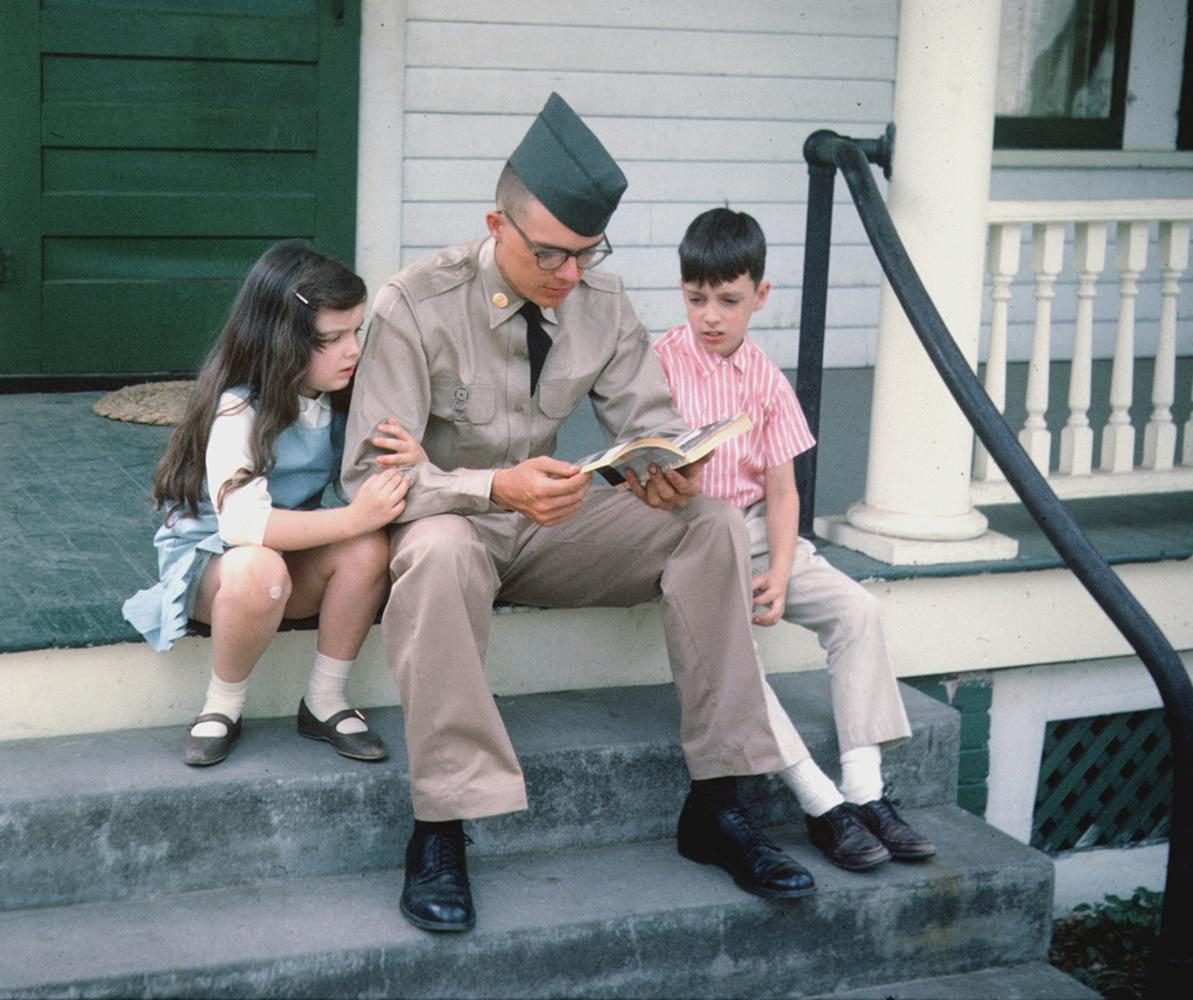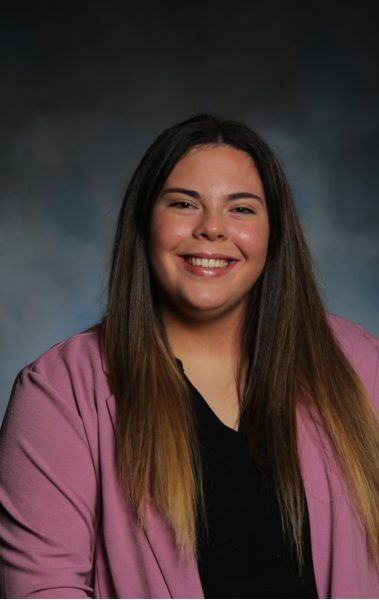Ken Burns’ ‘Vietnam War’ aims to show both sides of the conflict
September 5, 2017
BEVERLY HILLS, Calif. — Ken Burns has gone to war again. The filmmaker, so well known for his documentaries on baseball, jazz, prohibition, the national parks and the dust bowl, has already provided definitive films on the Civil War and World War II. But on Sept. 17 he launches his most controversial documentary yet, “The Vietnam War.”
His aim, he says, was to tell the story from both sides of the conflict and in human terms. “It’s enough to spend 10 years just trying to wrestle this story to the ground, and we felt that it was hugely important because the story is rarely told from more than one perspective,” he says.
“Americans like to talk about this seminal event. And we believe that it’s the most important event in United States history since the Second World War. We tend to talk only about ourselves. And the triangulation that we thought we could achieve by having these other voices and other perspectives would lend credence to the idea that there isn’t a SINGLE truth in the war,” he says in a press gathering here.
“In fact, there’s many truths that can coexist, and that might help to take the fuel rods out of the division and polarization that was born in Vietnam that continues to this moment.”
The 10-episode, 18-hour series airs on PBS and includes rare and remastered archival footage, historic news broadcasts, home movies, and even rare audio recordings from inside the White House. It features music from the most famous artists of the era as well as original tunes from Trent Reznor and Atticus Ross and works of the Silk Road Ensemble with Yo-Yo Ma and his mournful cello.
Burns and co-director Lynn Novick, spoke with thousands of witnesses in researching the project, and 79 are featured in the series.
There were also prominent people who they did not interview. “One of the first things we did is we went to John McCain and John Kerry and said, ‘We need your help. We’re going to do this, but we’re not going to interview you,” says Burns. “You will be in it in your archival selves, but you’re alive today. And we don’t want you in any way sort of spinning or anything like that.’ We didn’t quite put it that way,” he smiles.
“We weren’t going to talk to Dr. Kissinger or Jane Fonda or a number of other people.”
One of those directly involved in the conflict was retired Air Force Gen. Merrill McPeak, who says he knew the minute he landed in Vietnam that we could not win the war.
“It was obvious to me that this was a losing effort. The Saigon regime was corrupt. Everybody knew it. We knew it. They knew it. They were not popular in their own country, and I concluded that this just wasn’t going to work because the policy foundations weren’t set properly to enable us to win,” he says.
“What did the war look like from the other guy’s point of view? That’s something I don’t think civilians worry about much, but professionals do.
“What were the policy foundations of North Vietnamese involvement? They were, first of all, to throw off the yoke of imperial power in their neighborhood. Not just the French, but the Japanese before them, and then the French before the Japanese and so on, Chinese, going back in history.
“We understand that, don’t we? We had a Revolutionary War of our own about throwing off imperial power and getting our own national independence. So that’s a pretty good, solid policy foundation to build a war on — if you’ve got an objective like that,” he says.
The country had also been divided by an earlier Geneva Accord, says McPeak, and many Vietnamese longed to unify the country. “And that was (perpetuated) in Hanoi. Well, do we understand that policy objective? We had a Civil War about that issue, that same issue here in this country,” he says.
“And in the north, you had … the person of Ho Chi Minh, a symbol that summarized all that into an iconic national figure. … So I think that if you try to look at this problem from the other guy’s point of view, you’ll see what was wrong with our intervention there. It was a losing cause from the beginning, and we put 58,000 names on a wall in Washington for no good reason.”
KIDMAN HAUNTED BY SOME ROLES
The Sundance Channel’s “Top of the Lake” returns with its sequel, “China Girl,” on Sunday. Directed by Australian Jane Campion, this tale features fellow Aussie Nicole Kidman as an adoptive mother who loses her teaching job because of a lesbian affair. Kidman, who’s played everything from a killer to a preacher’s daughter, admits that some of her roles haunt her afterward.
“There’s times when I go, ‘No, I actually need some stability and some comfort because I feel kind of out of control, and I’m not quite sure who I am or what I am right now.’ So I struggle with that,” she says.
“That’s not always easy for me, and I just sort of hold on. I hold on tight to certain people in my life. And I’ve built up a pretty good group of people and protection as well, because it is dangerous territory sometimes psychologically that you move into, and you go, ‘Oh, I’m not quite sure where I am or who I am or how to control myself in this.’ And it does penetrate. It penetrates the dreamscape and certainly penetrates my body in ways that I don’t necessarily want … But it’s, artistically, that’s what we are committed to. So that’s the drive, and that’s just the path.”
ACTOR FRANCO TAKES ON PORN
HBO takes a close gander at the porn industry in New York of the ‘70s with its new series, “The Deuce,” disrobing on Sunday.
Based on real people and produced by David Simon and George Pelecanos, the drama stars James Franco. “I, as a young actor, my kind of bible was the American films of the ‘70s,” says Franco.
“And in particular, my favorites were all the films that came out of New York, the Scorsese films, the Lumet films, and films like ‘The French Connection’ and ‘Mean Streets’ and ‘Taxi Driver’ and ‘Dog Day Afternoon.’ And so I was already well researched, or at least had a very particular view of that time and place,” he says.
“And then I thought it was, for me, such a great thing to not only get to enter that world that I came up just dreaming about, but I got to do it with these guys (Simon and Pelecanos) who are all about realism.”
MACFARLANE’S SPACE MISSION: OPTIMISM
Seth MacFarlane will be exploring new worlds when his sci-fi series “The Orville” premieres Sunday. While the Fox show peppers comedy all through it, it’s also a return to the more optimistic view of the future, insists MacFarlane.
“‘Star Trek’ itself sprang from a lot of different sci-fi tropes that came before it, from radio, sci-fi radio dramas in the ‘30s, and serials,” he says.
“The idea of a ship, in the naval sense, cruising through space is something that doesn’t originate with that show. They were the ones who really crystallized it in a more perfect way than anyone else. There are many different places that I draw from when I kind of think about this,” he confides.
“I mean, there’s ‘The Twilight Zone,’ there’s ‘Star Trek.’ I hold a lot of these different franchises in very, very high regard. And I kind of miss the forward thinking, aspirational, optimistic place in science fiction that ‘Star Trek’ used to occupy,” he says.
“I think they’ve chosen to go in a different direction which has worked very well for them in recent years, but what has happened is that it’s left open a space that has been relatively unoccupied for a while in the genre … So for me, it’s a space that’s kind of waiting to be filled in this day and age when we’re getting a lot of dystopian science fiction, a lot of which is great and very entertaining, but it can’t all be ‘The Hunger Games.’
“It can’t all be the nightmare scenario. I think there’s some space for the aspirational blueprint of what we could do if we get our s— together, and that’s something that’s been missing for me for a while.”
———
(Luaine Lee is a California-based correspondent who covers entertainment for Tribune News Service.)
———
©2017 Luaine Lee
Distributed by Tribune Content Agency, LLC.








